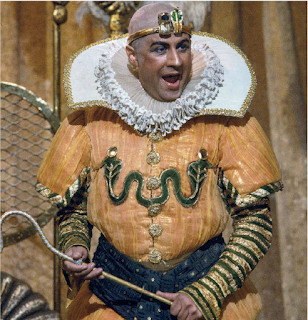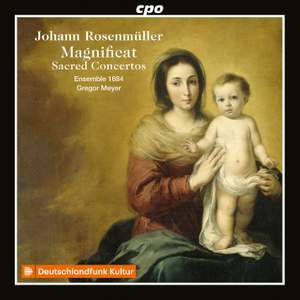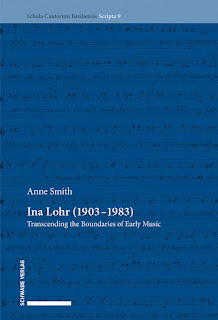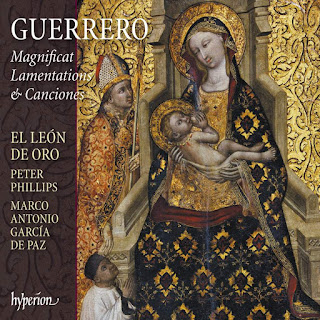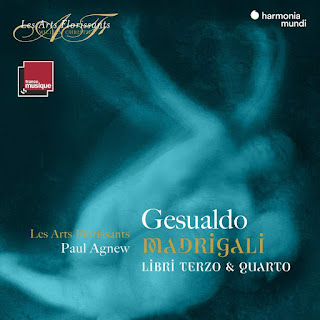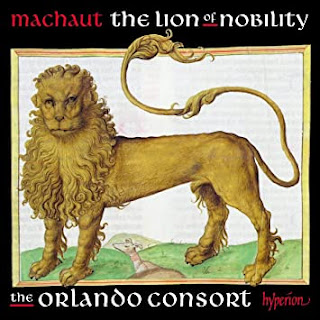Search This Blog
Early music and more by Edward Breen
Where possible, review entries are linked to their original publication.
Posts
Showing posts from 2021
Regnart: Missa Christ ist erstanden & other works
- Get link
- Other Apps
Johann Rosenmüller: Magnificat and Sacred Concertos
- Get link
- Other Apps
Isaac: Missa Wohlauff gut Gsell von hinnen & other works
- Get link
- Other Apps
Book review: Ina Lohr (1903–1983): transcending the boundaries of early music
- Get link
- Other Apps
Gesualdo: Madrigali, Libri Terzo & Quarto
- Get link
- Other Apps
